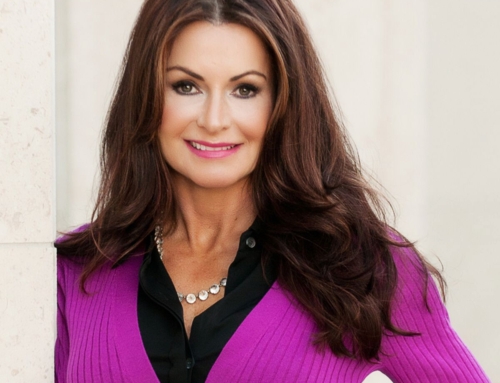“Make sure you have a good layer of management so that you as the CEO are not the person that the entire company needs to speak to when a need arises. Empower your staff to make decisions that are in line with your goals and limit how much input you have to give. It is easy to hire a lot of people, but you need to hire the right people and invest in the higher end managerial staff and empower them. Make sure everyone is performing at their level and not under their level or doing another person’s job.”
I had the pleasure of interviewing Andy Rodosevich. Andy is CEO and co-founder of Hemp Depot, which provides the highest-quality, pharmaceutical grade hemp CBD oil, hemp seeds and hemp clones in the US. Hemp Depot cannabinoid products deliver the highest degrees of purity and potency in the consumer and wholesale CBD market, with all products grown, formulated and processed in Southern Colorado. As one of the first 13 producers to be certified by the U.S. Hemp Authority, Hemp Depot is one of the nation’s largest and most trusted hemp farms specializing in seed genetics, planting, harvesting, formulating, wholesaling and retailing cannabis for CBD under a variety of best-selling labels as well as white labels for humans and pets. With a commitment to safety and purity through third-party testing, Hemp Depot offers a complete range of both full-spectrum and 100% THC-free products. Passionate about clean, sustainable agriculture, water conservation and growing non-GMO, all-natural crops, Hemp Depot seeds generate the largest yield per acre and the most amount of CBD per plant, while also maintaining the highest hemp seed inventory in the U.S. Visit www.hempdepotco.com for orders and more details.
Thank you so much for doing this with us! Can you share with us the story about what brought you to this specific career path?
In 2009 after the housing market crumbled, the high-end car dealership where I was earning a six-figure salary went bankrupt, so I began working a different job for a much lower wage. Unsatisfied with my lower wage, I looked into other possibilities, including the U.S. Air Force, but it was my current business partner, Luke Pickering, who suggested that I open a dispensary. After looking into the dispensary industry with an attorney, I maxed out my credit card and opened my own dispensary. Within 90 days, Luke joined me, and together we built it into one of the most popular dispensaries in our town, bringing about $200,000 a month.
As a result of the success, we built three different grow warehouses associated with that property, which totaled 100,000 watts of lighting. In 2011, we sold everything and subleased to other companies and started a consulting business working with cannabis companies. In 2014, Colorado began a program to grow industrial hemp, which caught our attention. One year later, we bought the property for Hemp Depot’s farm, bought a building for drying plants, drilled agricultural wells and installed irrigation. Since 2016 to now, we’ve gone from hoping we could be a successful farm to realizing now we are a totally vertically integrated hemp company.
Can you share the most interesting story that happened to you since you began leading your company?
There were a lot of different things that were challenging in the industrial hemp space. When we started, we had no idea what it would actually look like, whether it would have a bud or not, even though we had just made a $1.5 million investment. When we had our first kilo of CBD oil and didn’t know where we were going to sell it, I got on Instagram and started asking companies if they wanted to buy from us because we could get them a higher quality product at a better price. Now we’re doing 2,000 kilos a month and have plenty of demand for the product.
Can you share a story about the funniest mistake you made when you were first starting? Can you tell us what lesson you learned from that?
When we first got our original greenhouse set up, Luke and I had no idea about construction or inspecting a $250,000 greenhouse construction project. As a result, the end wall had not been bolted to the greenhouse, and when a storm came, the wind blew the greenhouse over and killed all the plants. At the time, our goal was 50,000 clones, and we had 500 huge mother plants that had been growing for six months and all were dead. We thought we lost everything. It was one of those moments where we thought, “this is it.” Immediately, I called my electrician. We took 10 plants and put them into a shipping container that we made as a makeshift greenhouse and grew them in there and ended up getting 600 plants in the ground, which was enough for us to expand and grow for the next year.
Are you working on any exciting projects now?
Absolutely, I think we have some very exciting projects planned. Our biggest project is for a 25,000-square-foot, state-of-the-art manufacturing facility. We are looking into using shipping containers as lab environments where we can do seed genetics and make micro-environments where we can do things six times faster than before. In addition, we are interested in additional products, including gummy bears and soluble water tablets. And, we would like to open retail areas and add sales representatives to our team.
None of us are able to achieve success without some help along the way. Is there a particular person who you are grateful towards who helped get you to where you are? Can you share a story?
I am extremely grateful for my business partner, Luke. What’s unique about our story is that we never had anybody who lent us money. Even when we went to do capital raises, they never went anywhere. In addition, everything was self-taught because no one ever taught us self-extraction. The two of us have always been there for each other, and we have never gotten into a fight because our emphasis has always been on pure support, especially in the times that have mattered most.

This industry is young dynamic and creative. Do you use any clever and innovative marketing strategies that you think large legacy companies should consider adopting?
Because the world of marketing is increasingly relationship focused, we looked for the best PR agency out there that specializes in building relationships across different types of audiences. The firm we selected uses a proprietary behavior-based approach that was just named by Forbes Magazine the number one marketing tool and tactic that will shake up 2019.
This is not about personalization. It is a complete shift to the foundation of how all integrated marketing communication is constructed. A wholesale customer, for example, has entirely different motivations, drivers and preferences than a consumer. What and how we communicate to establish a relationship with each type of stakeholder (and then how we continue to market and sell to them) is radically more successful when leveraging on the latest science of communication. Take the time to engage people in a way that is scientifically proven to resonate at a more core level, and you will be dramatically more successful because your customers will move from being bothered by your brand marketing, to appreciating it.
Can you share 3 things that most excite you about the Cannabis industry? Can you share 3 things that most concern you?
1. The most exciting part about the Cannabis Industry for me is hearing stories from customers about how our products positively impacted their lives.
2. Hempseed fiber and oil have so many uses that we don’t have the infrastructure in place to use them, so I’m really excited to see where the hemp textile goes.
3. The overall economic growth that our country will see with the multiplier effect of this industry will be terrific and huge.
Fears –
1. My biggest fear is that there are a lot of people talking about whether the pharmaceutical industry will take over this industry.
2. My other fear is overproduction, which can pose challenges to being an economically viable business and cause too many people to jump on board too quickly. In fact, a lot of farmers who don’t have a clear path are facing big problems.
3. In addition, it is such a new industry that you’re always concerned about new regulations, which could get painfully strict and very expensive.
Can you share your “5 Things I Wish Someone Told Me Before I Started Leading a Cannabis Business”? Please share a story or example for each.
1. BANKING: Banks don’t bank cannabis companies. We’ve been shut down and had our money returned by the banks. As a result, it has also been crucial for us to be a zero debt company, own our own properties and have multiple cash accounts with different banks.
2. RESOURCES: Consultants and print resources — people who are successful are doing so well that they aren’t stopping to consult or advise other entrepreneurs or companies. In this business, finding those resources is extremely difficult, and you have to spend a lot of time looking for and finding those resources.
3. CHANGE: The industry is changing so quickly that you can’t just write a business plan. When we started, we thought we could just write a business plan and then we found out we were doing a lot of other things. Everything changes so fast because it is not established, and you have to be fluid in your business model and willing to change and adapt.
4. GROWING PAINS: At first, you start out thinking you’re going to plant hemp by a clone, and then you find out it is really expensive to plant the clone and grow it. But then you’ll buy equipment that makes it more feasible, allowing to plant seeds at 70,000 seeds per hour as opposed to a couple of thousand clones per hour. Don’t get stuck in doing things a certain way. Sometimes scaling means not being too attached to your original investment of equipment and being willing to adapt to new processes and equipment that are more relevant.
5. CAPITAL: For most traditional businesses you can get a loan, but that is not an option in this industry. You either grow based on your own income or find a hard money lender. We can’t borrow money from the bank, so we run a very profitable company where we have no waste and keep as much profit in-house as we can and run vertically.
What advice would you give to other CEOs or founders to help their employees to thrive?
Make sure you have a good layer of management so that you as the CEO are not the person that the entire company needs to speak to when a need arises. Empower your staff to make decisions that are in line with your goals and limit how much input you have to give. It is easy to hire a lot of people, but you need to hire the right people and invest in the higher end managerial staff and empower them. Make sure everyone is performing at their level and not under their level or doing another person’s job.
You are a person of great influence. If you could inspire a movement that would bring the most amount of good to the most amount of people, what would that be? You never know what your idea can trigger. 🙂
Everybody who wants to get into this industry sees it as a gold mine, but they have no idea what it takes from a knowledge and financial level. They have a misconstrued concept that it’s easy money, but a lot of people have ended up making a bad name for it trying to make raw materials that are heavy in pesticides, heavy metals and microbial contaminants.
You see two faces: one that’s trying to take advantage and overcharge, and another that’s trying to get cheap products. Luckily, there are others who are selling for a reasonable price and making sure it’s fair for everyone by working with strict manufacturing standards and providing the highest quality products.
Make sure you make a 10-year plan instead of a 10-month plan. We need people to not be so selfish and greedy.
What is the best way our readers can follow you on social media?
Facebook: https://www.facebook.com/HempDepotCo
Twitter: https://twitter.com/hempdepotco
Instagram: https://www.instagram.com/hempdepotcolorado
YouTube: https://www.youtube.com/channel/UCWIRqO8droZxMw-mlpwnWeA
This was very inspiring. Thank you so much for joining us!
Thank you very much for inviting me to share!

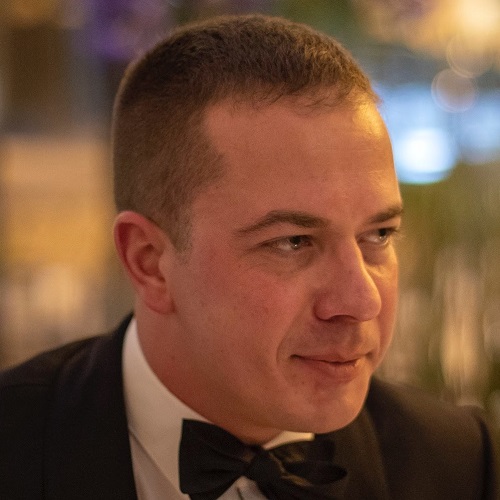
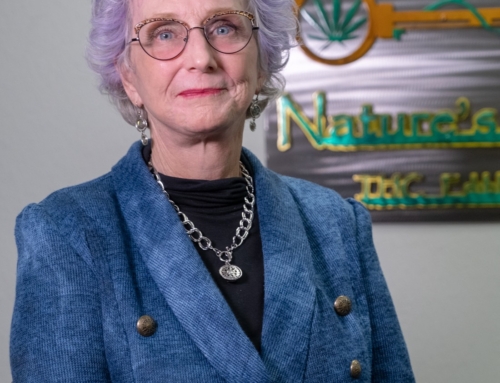
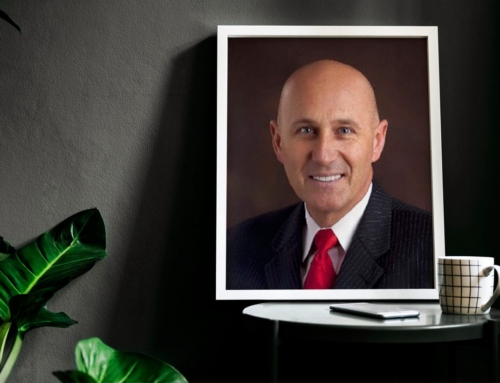
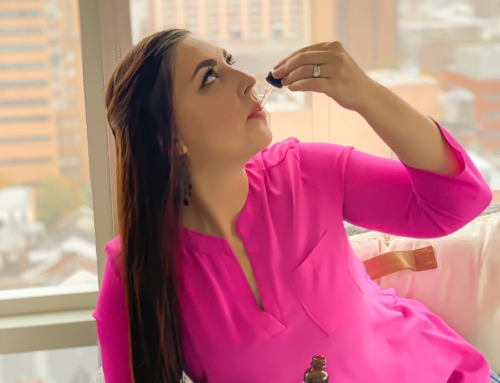

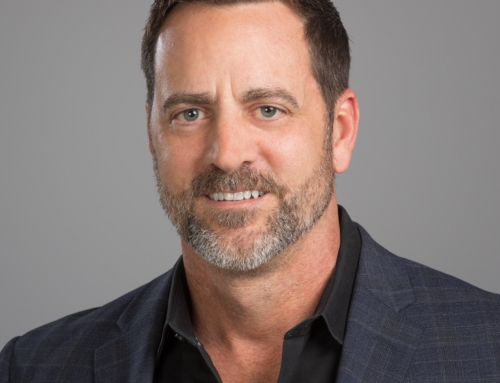
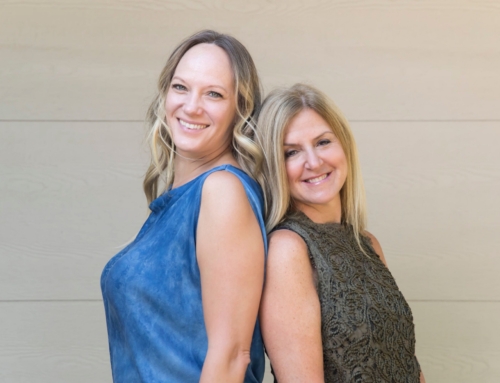
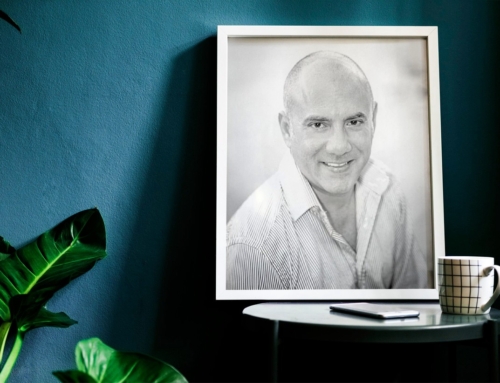
![“The potential to help people [in this industry] is enormous, but there’s still so much to learn.” – Ramon Alarcon, Witi](https://cf.lakesideremedy.com/wp-content/uploads/2020/12/1thj5ekUyxQ69iLz1JJyODg-scaled-e1607882756286-500x383.jpeg)
